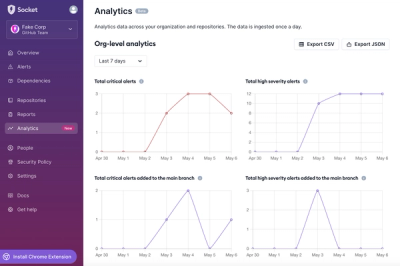sqlite-schemaless
Schemaless database built on top of SQLite. I based the design of sqlite-schemaless on the data-store described in this Uber engineering post. All data is stored in a single SQLite database, which can either be on-disk or in-memory.
Data is organized by KeySpace. A KeySpace might be something like "users" or "tweets". Inside each KeySpace there are Rows. A row is identified by an integer row_key and consists of one or more named columns. In these columns you can store arbitrary JSON blobs. So:
- KeySpace1:
- Row1:
- ColumnA: {arbitrary json data}
- ColumnB: {more json data}
- Row2:
- ColumnA: {json data}
- ColumnC: {json data}
- Row3:
- ColumnA: {json data}
- ColumnB: {json data}
So far this is really not that interesting. Things get interesting, though, with the addition of secondary indexes and event emitters.
Secondary Indexes
You can create indexes on values stored in the JSON column data. Suppose we are storing User data in the user column. This user data is structured roughly like this:
{
'name': 'Charles',
'username': 'coleifer',
'location': {
'state': 'KS',
'city': 'Lawrence',
}
}
If we wanted to search for users by username, we would create an index using JSON-path notation: $.username. If we wanted to search by the user's state, we would create an index on $.location.state.
Here is how the code would look to set this up:
db = Schemaless(':memory:')
username_idx = Index('user', '$.username')
state_idx = Index('user', '$.location.state')
users = db.keyspace('users', username_idx, state_idx)
charles = users.create_row(
user={
'username': 'coleifer',
'location': {'city': 'Lawrence', 'state': 'KS'},
},
social=[
{'name': 'github', 'username': 'coleifer'},
{'name': 'twitter', 'username': 'coleifer'},
])
ks_users = state_idx.query('KS')
for row in ks_users:
print row['user']['username']
Event emitters
The other neat feature of sqlite-schemaless is the event emitter functionality. This feature allows you to bind handlers to execute code when a new row is created or updated. You can bind handlers to an individual keyspace, or to all keyspaces.
For example, let's add a simple handler to print usernames as they're added or updated.
@users.handler
def print_username(row, column, value):
if column == 'user':
print value['username']
Whenever we add or update the user column of a row in the users KeySpace, the callback will fire and print the username.



